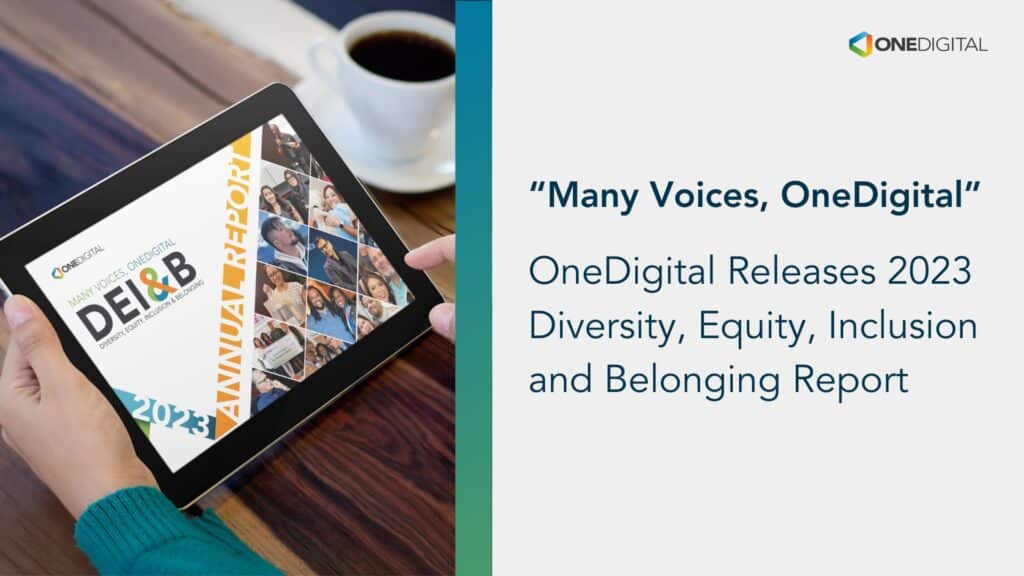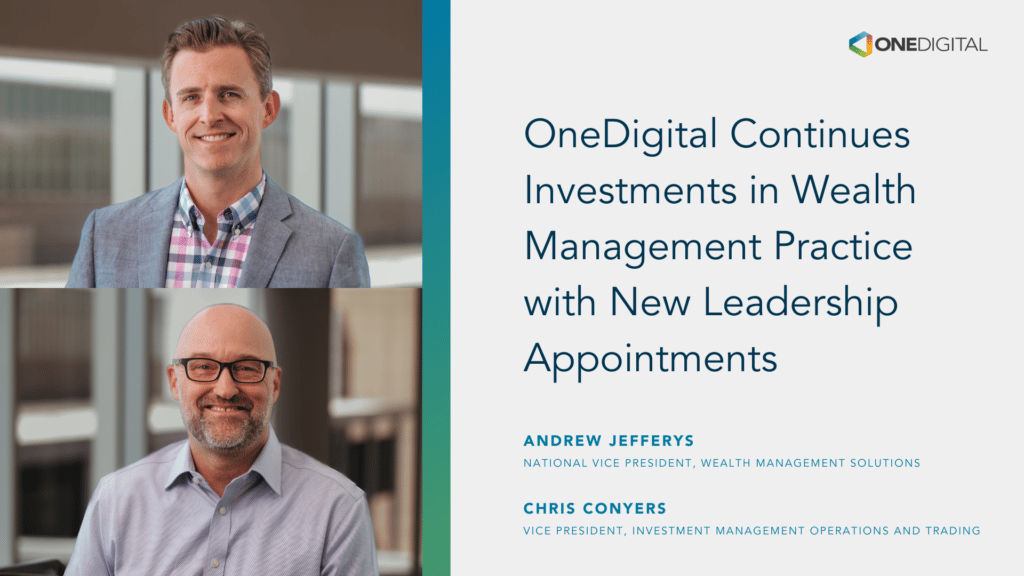No Headaches, Lower Costs
A Guide to Charitable Donations: 5 Tax Smart Strategies to Consider
A Guide to Charitable Donations: 5 Tax Smart Strategies to Consider
Recent years have put a strain on everyone, especially those already living through various hardships. Between inflation, market volatility, and a continuing health crisis, many turn to each other to help get through tough times.
Fortunately, many individuals are still able and ready to help. Charitable donations show your support for the issues and people you care about while making an impact. However, amidst all the volatility, it is essential to give smarter. Here are five common giving strategies and how to advance your charitable giving strategy.
1. Traditional Checkbook/Cash Donations
One of the most common ways to give is to write a check or gift cash. With these types of charitable donations, it is important to note that the tax deduction only amounts to the total cash amount gifted, and no growth potential comes with it. Although not the most efficient or effective way to give, especially when making larger gifts, it is the simplest and better option for smaller one-off donations.
2. Appreciated Securities
Capital gains taxes are potentially eliminated when long-term appreciated assets are given directly to a charity instead of selling the assets and donating the after-tax proceeds. This route allows donors to claim a charitable tax deduction for the asset's fair market value. Moreover, when choosing this form of charitable donation, you are also reducing your vulnerability to stock market corrections.
3. Qualified Charitable Distributions (QCD)
QCDs are often an excellent choice for people that are taking mandatory withdrawals from their retirement accounts and are short of clearing the standard deduction. Additionally, this route keeps otherwise taxable IRA payouts out of your income total. How it works is that the donation goes straight to a charity, instead of hitting your bank account first. This route does not include any income tax deductions. However, the amount given is a tax-free withdrawal.
4. Donor-Advised Fund (DAFs)
DAFs are structured, simple, and an efficient approach to giving. They are public charities accepting long-term appreciated assets and irrevocable gifts of cash. They then invest those donations for potential growth and distribute those funds to qualifying nonprofit organizations per the donor's recommendation.
Additionally, they allow donors to create a charitable legacy and give them flexibility with the timing of their gifts. It can also minimize capital gains exposure and allow for a tax deduction for the current fair market value of the donated assets as opposed to the original cost basis. Notably, only IRS-qualified public charities are eligible to receive donations, and the income tax deduction limits are 30% for appreciated assets.
5. Bunching
Bunching allows you to combine two or more years of contributions to increase your itemized deductions for that year above the applicable standard deduction. You take the standard deduction in the years that you don't donate. DAFs enable donors to do this quickly as well.
Regardless of what route you choose for your charitable donations, reviewing your options is always a good idea to ensure you are making the right choice for yourself and the charities you want to support.
Are you looking for more financial topics? Our Financial Academy page has you covered! Find helpful resources there to help you do your best work and live your best life.
To ensure compliance with applicable Internal Revenue Service regulations, any tax advice contained in this communication was not intended or written to be used, and cannot be used, for the purpose of avoiding penalties under the Internal Revenue Code. If you are seeking investment advice or recommendations, please contact your financial professional. Investment advice offered through OneDigital Investment Advisors, an SEC-registered investment adviser and wholly owned subsidiary of OneDigital.





